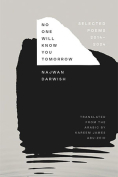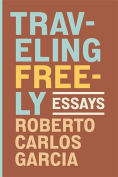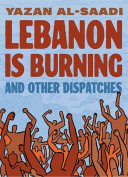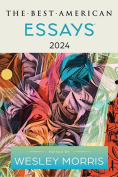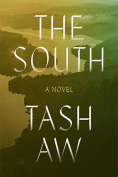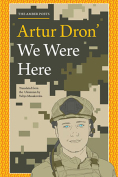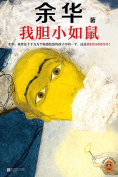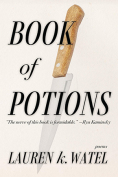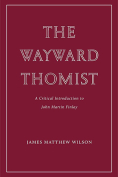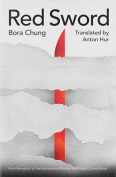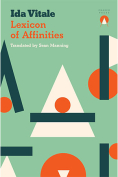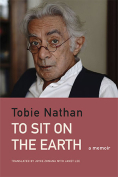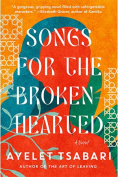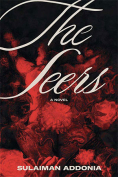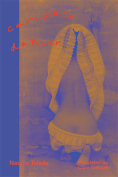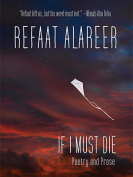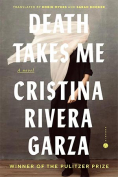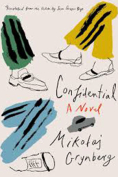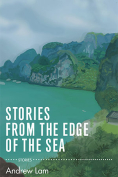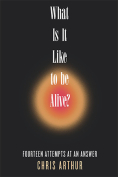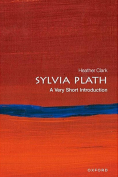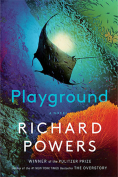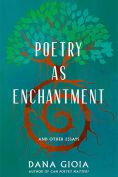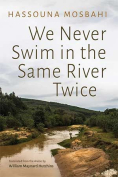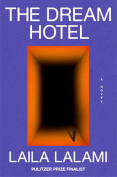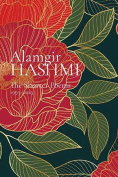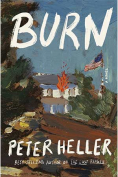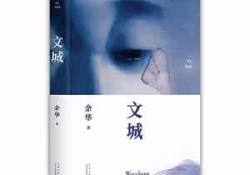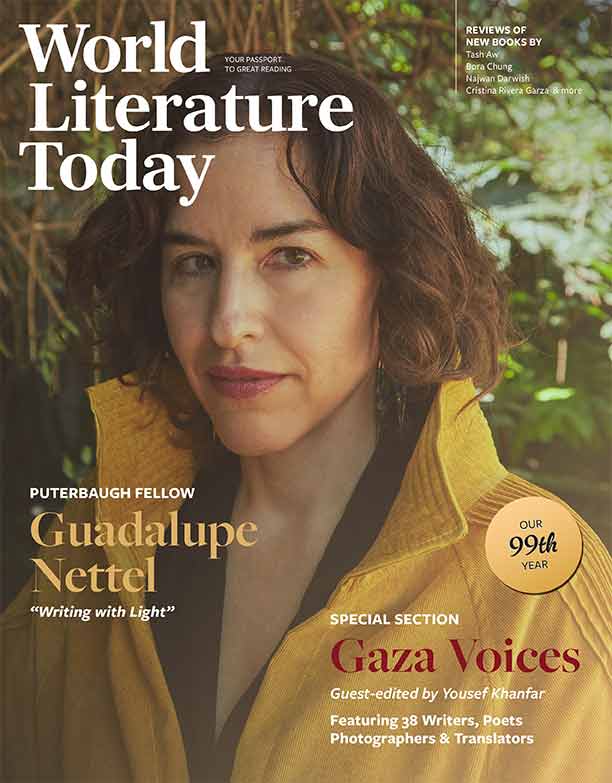Danxiao Rushu (I Am as Timid as a Mouse) by Yu Hua
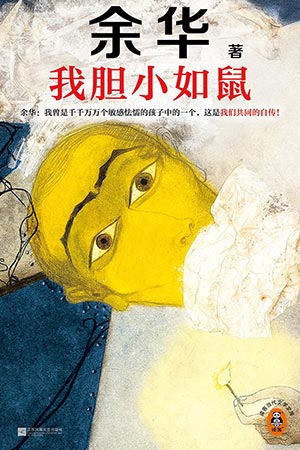
Nanjing. Jiangsu Phoenix Literature and Art Publishing House. 2024. 251 pages.
In I Am as Timid as a Mouse, Yu Hua launches a spiritual revolt against the moral history of mankind. This collection of novellas, composed of four interconnected fables, completes a thorough revaluation of “cowardice.” When a teacher brands Yang Gao with the label “timid as a mouse,” this violent act of naming becomes a surgical scalpel dissecting the stigmatization of so-called cowardice. Yu Hua pierces the superficial layers of secular morality, exposing a shocking truth: the denigrated cowardice is, in fact, humanity’s most lucid self-preservation mechanism, a microrevolution for the weak against the absurd world. The book reconstructs cowardice’s cognitive framework through five dimensions, refining Chinese experiences into a global spiritual allegory.
Yu Hua uses linguistic violence as a scalpel to dissect the cultural fabric of cowardice’s stigmatization. When the teacher imposes the “timid as a mouse” label on Yang Gao, this seemingly trivial classroom event is, in fact, a miniature theater of Foucauldian discipline: words become bullets that pierce the soul, and collective ridicule turns into a ritual that solidifies the moral order. This microscopic dissection of linguistic violence resonates with the black humor in Lu Xun’s The True Story of Ah Q (1922), where survival strategies like Ah Q’s self-deception mechanism are twisted by dominant discourses into moral flaws. Yang Gao’s father’s self-destructive car accident, which completes a redemptive act of dignity, mirrors the absurd stance of Sisyphus in Camus’s writing, using death to dissolve the logical chain of secular morality, allowing cowardice to break free from ethical shackles.
More crucially, Yu Hua grants cowardice under historical violence a new ethical weight. In “The Death of a Landlord,” Wang Xianghuo outwardly complies with Japanese soldiers by leading them, yet in silence sets up a mutual trap of destruction. This paradoxical choice subverts the heroic logic found in Mo Yan’s magical-realist war epic Red Sorghum (1986). Unlike the outspoken resistance in that work, Yu Hua wraps wisdom in cowardice’s cocoon—when survival under bayonets becomes an amoral choice, retreat transforms into a skill preserving humanity’s embers. This “passive resistance” aligns with Fugui’s silent endurance in To Live (1993), articulating the Daoist-infused survival wisdom in Chinese tradition: under the historical crush of violence, cowardice becomes a gentle dissolution of systemic destruction.
Equally significant, Yu Hua dissects modernity’s crisis through cowardice’s viral spread in group psychology. In “Summer Typhoon,” the disaster that never arrives—a sword of Damocles—pushes villagers into self-destructive suspicion. As entrapment breeds in sticky humidity, Yu Hua exposes cowardice’s mutation: prolonged anticipation transforms fear into aggression, turning self-preservation into blades harming others. This dissection of collective psyche grants new existential depth to urban violence in Lao She’s Teahouse (1957): without external enemies, humanity confronts itself as fear’s source.
Most philosophically, Yu Hua elevates cowardice into an existential strategy against absurdity. In “The April 3rd Incident,” a youth’s paranoia about the “April 3rd Conspiracy” mirrors Kafka. When street shadows morph into snake eggs and whispers encrypt into accusations, the power of surveillance becomes self-discipline. His escape onto a truck with an unknown destination echoes Meursault’s pre-execution epiphany in Camus’s The Stranger (1942): when meaning collapses, self-exile might be humanity’s last resort.
Ultimately, this collection transcends cultural borders through cowardice’s universal grammar. When Yang Gao wipes machines in a planned-economy factory and Wang Xianghuo calculates death angles under bayonets, their postures reflect global counterparts: the cynicism in Naipaul’s postcolonial masterpiece A Bend in the River (1979) and the self-exile in Murakami’s Kafka on the Shore (2002). Yu Hua proves retreat isn’t a moral stain but civilization’s dying ember in our age of systemic violence. Trembling fingertips, hesitant steps, and silent turns measure humanity’s last dignity before the absurd. When global readers see their reflections in Yang Gao’s fear, I Am as Timid as a Mouse fulfills literature’s oldest mission: salvaging humanity’s phosphorescence from the darkness.
Zhang Wenru
China Petroleum University, Beijing
